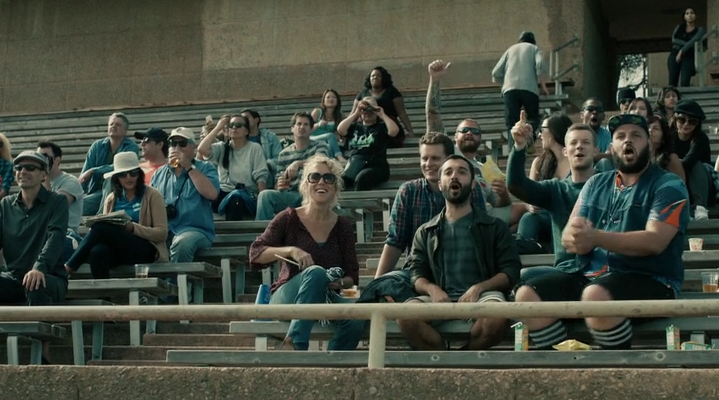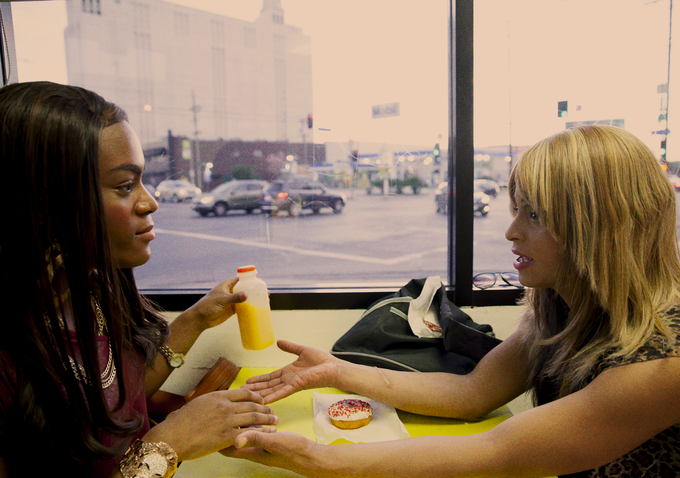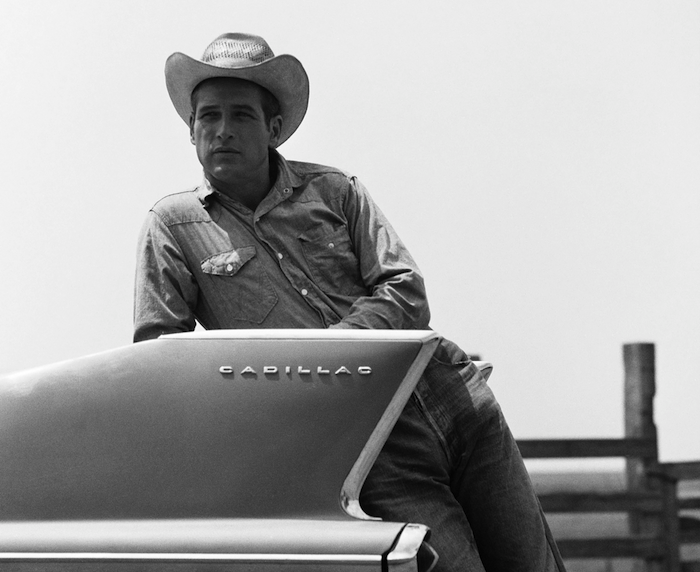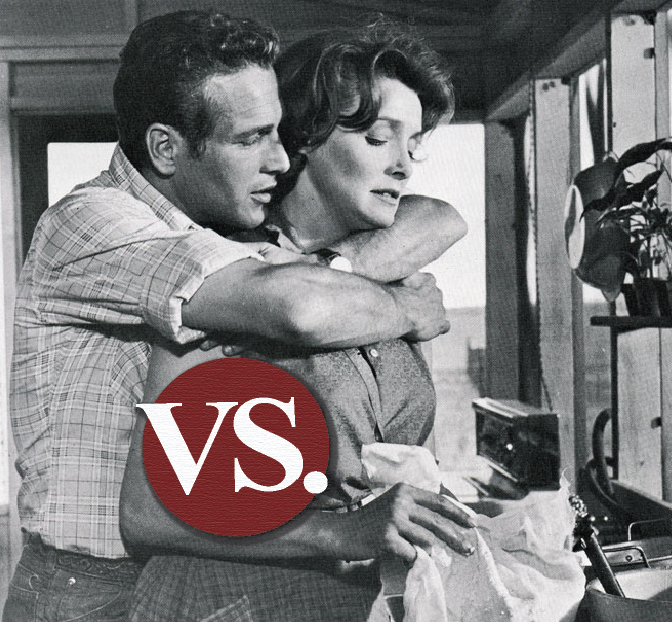Oscar Acting Races: 5 Box Office Musings
 Monday, January 26, 2015 at 11:42PM
Monday, January 26, 2015 at 11:42PM Manuel here to offer some random box office facts about the acting races. The big Oscar box office story continues to be American Sniper’s unprecedented success, so much so that Bradley Cooper garnered a shoutout last night at the SAG Awards despite not being nominated. I’m starting to feel the Best Picture category might not be the only three-way race as we wade deeper into Phase 2. Numbers and statistics junkie that I imagine myself to be, I was curious to see whether the past fifteen years’ worth of box office numbers in the acting categories could help us gleam anything about potential outcomes. Spoiler alert: not much, but enjoy the following random tidbits below.

As it stands, Bradley, Rosamund Pike, Robert Duvall (improbably, really) and Meryl Streep hold the title as the highest grossing nominees from their respective races. How might this help Bradley; well, let's take a look back at the box office history in the acting races.
- Did you know that the last three times Best Leading Actor went to the highest grossing film of the bunch it went to men winning their second (Tom Hanks) and third (Jack Nicholson, Daniel Day Lewis) Oscars?
- In stark contrast, headlining the biggest hit in the category usually helps you win* in the Best Leading Actress category (see: Jennifer Lawrence, Natalie Portman, Sandra Bullock, Reese Witherspoon, Hilary Swank, and Julia Roberts) and the Best Supporting Actress category (see: Octavia Spencer, Jennifer Hudson, Cate Blanchett, Renee Zellweger, Catherine Zeta-Jones, Jennifer Connelly). I’d come up with a random theory about this statistical anomaly where it not, like everything else below, most likely random happenstance.
*Or rather, the Oscar has statistically gone to the actress in the highest grossing film of the group.
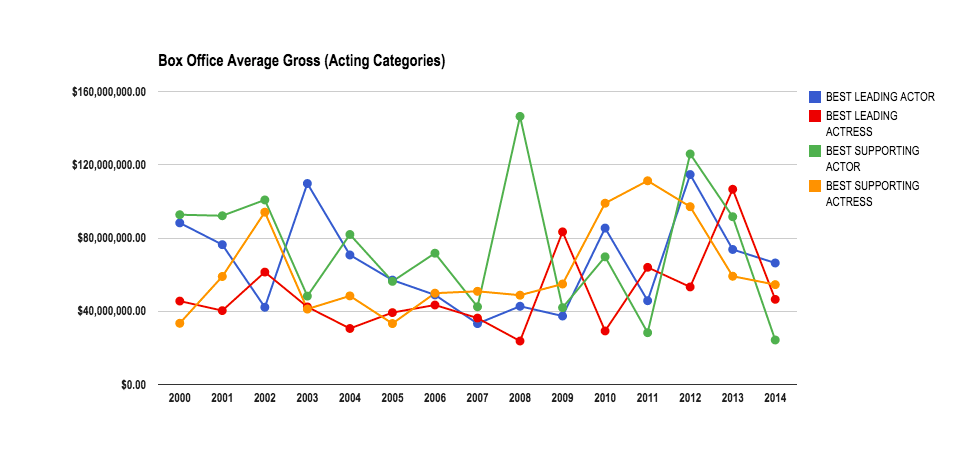 All info collected from BoxOfficeMojo
All info collected from BoxOfficeMojo
- 2014 will be the first year since 2011 where Best Supporting Actor, a category that most often than not boasts the highest per film average of all four acting categories (usually bolstered by films like The Dark Knight in 2008, Lincoln & Django Unchained in 2012, and Chicago & Catch Me If You Can in 2002) will be the lowest grossing category among the acting races. And just as in 2011, when Christopher Plummer picked up a statuette for Beginners ($5,790,894) the lowest-grossing nominee will most likely walk away with the win.
- Unsurprisingly, averaging in the past fifteen years a little less than $50 million per film, Best Leading Actress is usually the lowest-grossing category among the acting nominees. Notice those two most recent upticks in the category in 2009 and 2013? You can thank one Ms Sandra Bullock for those.
- 2007 may account for the lowest averages for all acting categories, but 2005 is the last year where only one film nominated for an acting award crossed the $100 million threshold: Walk the Line. This year, out of 13 films nominated in these four categories, three films have accomplished this feat: Gone Girl, Into the Woods and American Sniper, with The Imitation Game looking likely to join them.




